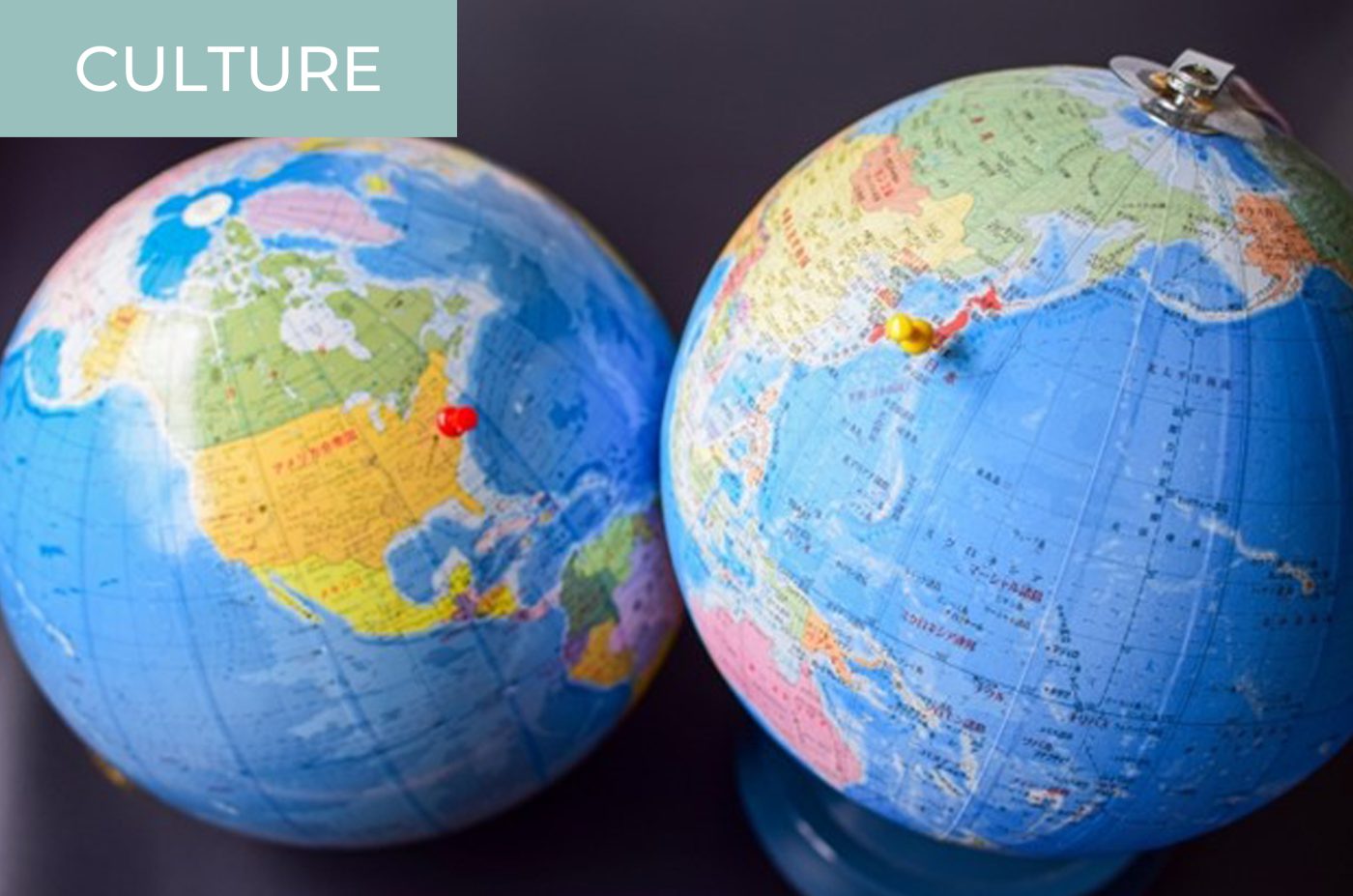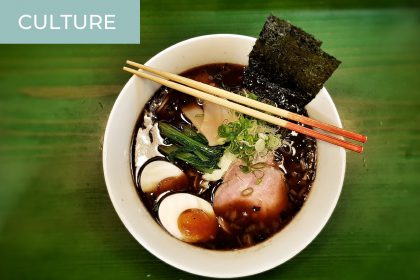From economic sanctions to meetings with NATO, Japan’s response to the Russian invasion of Ukraine has been making headlines. This has spawned international curiosity about Japan’s role as a global power, especially when it comes to geopolitical conflict.
In this brief Q&A, I’ll answer three common questions about Japan’s relationship with global powers and organizations. To be clear, this is not an opinion piece. Instead, I’ll present a brief, objective overview, filled with links to credible sources where you can find more detailed information.
Japan, the United States, and Russia in the Shadow of the Cold War
Q: Is Japan part of NATO?
A: Japan is not a member of the North Atlantic Treaty Organization (NATO), an intergovernmental military alliance, established in 1949, as a countermeasure to the threat of the Soviet Union. However, according to the NATO website, “NATO and Japan have been engaged in dialogue and cooperation since initial contacts in the early 1990s.” In 2014, this relationship took the form of the Individual Partnership and Cooperation Programme, which was renewed in 2020. Key areas of cooperation include cyber defense, maritime security, humanitarian aid, and more. A detailed list of ways in which Japan works with NATO can be found on the official NATO homepage.
Q: Is Japan allied with the United States?
A: The United States and Japan are bound by the U.S.-Japan Mutual Security Treaty, first signed in 1951, in the wake of World War II. This treaty has evolved over the years, and according to the Council on Foreign Relations, over 60,000 United States active-duty service members and Department of Defense personnel are stationed in Japan as of 2021. More U.S. troops are stationed in Japan than anywhere else in the world. In exchange for this military presence, the United States is, in principle, obligated to defend Japan from military aggression from a third power. This includes protection under the U.S. nuclear umbrella.
The U.S.-Japan Mutual Security Treaty does not mean that Japan relies solely on the United States for defense. Although Article 9 of the Constitution of Japan forbids the country from maintaining a military for offensive purposes, the Japan Self Defense Forces (JSDF) are a formidable military power. Most sources rank the JSDF as the fifth most powerful military force in the world.
Q: What is Japan’s relationship with Russia?
A: As explained in a recent TIME article, “The Soviet Union and Japan never actually signed a peace treaty after World War II ended in 1945… Moscow and Tokyo signed a declaration of peace in 1956, which allowed cultural and diplomatic exchanges to continue while diplomats hammered out a deal on a series of four remote islands the Soviets had seized in the final days of the war.”
In Russia, these islands are known as the Kurils. In Japan, the islands are referred to as the Chishima Retto or the Northern Territories. To this day, ownership of these islands remains under dispute. Therefore, various sources consider Japan and Russia to be, technically speaking, still at war. According to Kyodo News, Russia’s invasion of Ukraine has prompted the Government of Japan, currently led by Prime Minister Fumio Kishida, to take a “hard-line stance in its decades-long territorial dispute with Moscow.” This contrasts with the more conciliatory approach taken by former Prime Minister Shinzo Abe’s administration.
Scratching the Surface
To say that Japan has a complex set of relationships with its neighbors is an understatement. Numerous books and deep-dive podcast episodes have attempted to tackle Japan’s unique geopolitical situation and the history leading up to the current state of affairs, including Japan’s more widely publicized territorial dispute with China. Covering everything within the limited scope of this article is an impossible task, but hopefully, the content within has provided you with a solid starting point from which to learn more.




